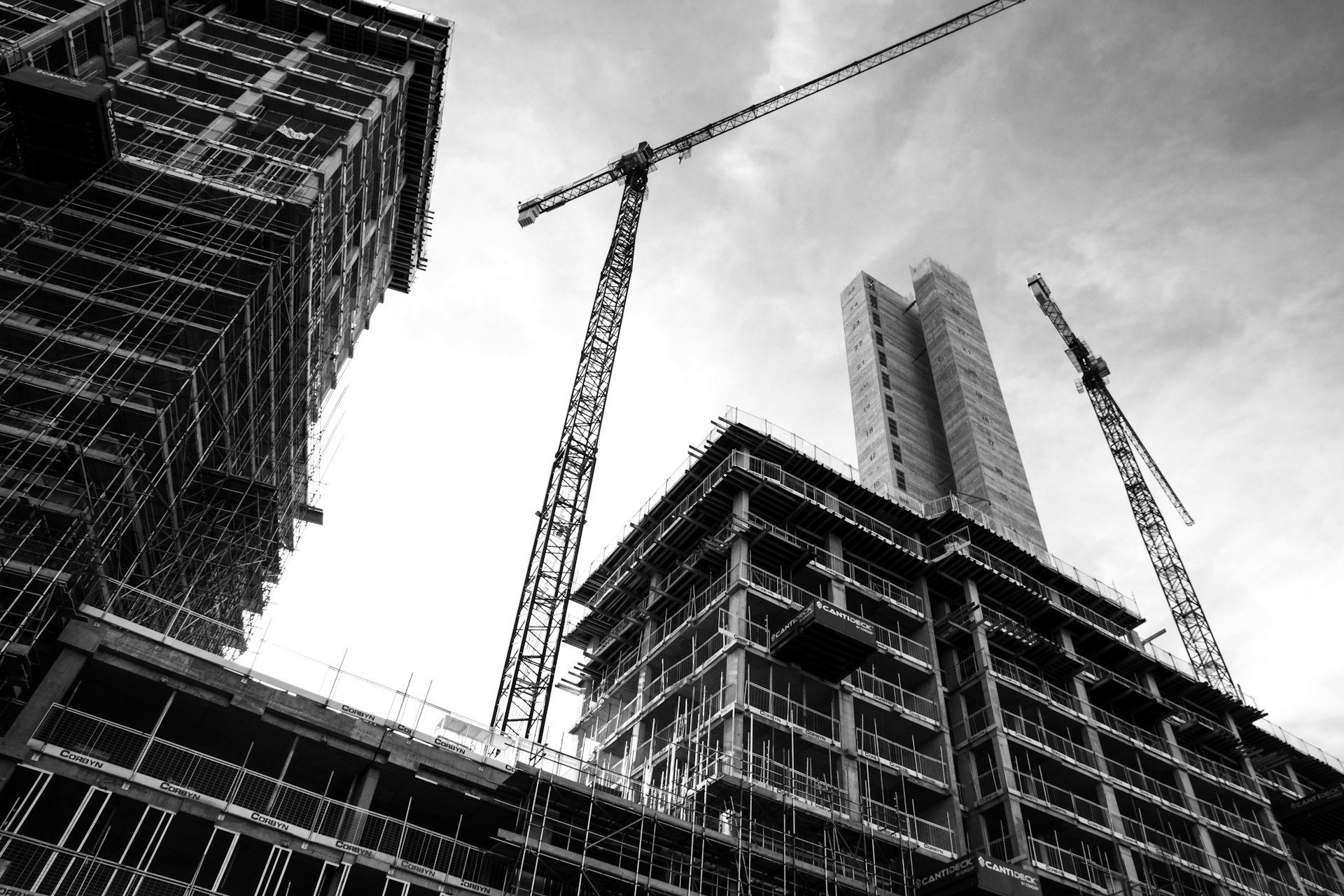To thrive in today's ever-evolving landscape, construction companies must embrace a spirit of adaptability and innovation. By understanding and proactively addressing emerging construction challenges, companies can ensure successful project execution, maintain a competitive edge, and position themselves for future success.

The construction industry is a dynamic beast, constantly evolving and adapting to meet the needs of a changing world. While the core principles of building strong, functional structures remain constant, the methods and challenges faced by construction companies are in a state of perpetual flux. New technologies emerge, environmental considerations gain greater importance, and economic factors have far-reaching impacts.
To thrive in this ever-evolving landscape, construction companies must embrace a spirit of adaptability and innovation. By understanding and proactively addressing emerging construction challenges, companies can ensure successful project execution, maintain a competitive edge, and position themselves for future success.
From incorporating AI and machine learning to drones and 3D printing, the construction industry is on the cusp of a technological revolution. Construction companies need to invest in training programs to equip their workforce with the skills needed to utilize these new tools effectively. Additionally, concerns regarding potential job displacement due to automation necessitate proactive workforce development strategies and a focus on reskilling existing employees.
Sustainability is no longer a niche concern in construction; it's a driving force. Building owners and tenants are increasingly demanding eco-friendly buildings that minimize their environmental impact. This has led to the development of green building standards and certifications like LEED (Leadership in Energy and Environmental Design).
Implementing sustainable construction practices can lead to long-term economic benefits through reduced energy and operational costs for building owners. Additionally, green buildings often command higher rental rates and increased marketability.
However, upfront construction challenges associated with sustainable materials and specialized techniques can be a hurdle. Overcoming this requires a life-cycle cost analysis approach, considering the long-term economic and environmental benefits of sustainable construction. Partnering with experienced construction managers can provide valuable expertise in navigating green building standards and developing cost-effective, eco-friendly construction strategies.
Staying informed about emerging technologies is no longer optional; it's essential for success. A culture of continuous learning encourages employees to stay abreast of the latest technological advancements and their potential applications in the industry. Investing in technology training programs allows employees to develop the skills needed to utilize new tools and processes effectively.
However, technological innovation is rarely a solitary endeavor. Expert management during the planning and implementation stages is crucial for maximizing the benefits of new tools. By working closely with these leaders, construction companies can ensure that adopted technologies seamlessly integrate with existing workflows and address specific project requirements.
Sustainable construction practices are not just good for the environment; they're good for business. By integrating sustainability principles throughout the entire project lifecycle — from design and material selection to construction and long-term operation — companies can build structures that are not only environmentally responsible but also cost-effective and marketable.
A holistic approach to sustainability starts with the design phase. Architects and engineers should collaborate to optimize building orientation, maximize natural light usage, and incorporate energy-efficient building materials and systems. During construction, responsible waste management practices and the use of recycled materials can also help minimize environmental impact.
The construction industry's future hinges on its ability to attract and retain a skilled workforce. Developing a comprehensive workforce development strategy is essential for addressing the skilled labor shortage. Construction companies can further address the shortage by partnering with other experts and providing opportunities for professional development.
Creating a positive and inclusive work environment is equally important. A culture that values employee safety, well-being, and contributions fosters engagement and reduces turnover. Investing in mentorship programs can connect experienced workers with younger generations, fostering knowledge transfer and promoting a sense of community within the workforce.
The construction industry is on the precipice of significant change. Emerging technologies, a growing focus on sustainability, and a shifting labor landscape present both challenges and opportunities. By embracing a spirit of adaptability and proactively addressing these challenges, construction companies can navigate this evolving environment and achieve long-term success.
With over 60 years of experience, DG Jones and Partners understands the intricacies of navigating these challenges and guiding our clients toward successful outcomes. Our team possesses the in-depth knowledge, global network, and proven strategies to help you overcome challenges and achieve success.
Want to learn more about how expert construction management can maximize your next construction project? Speak to an expert in your region today!